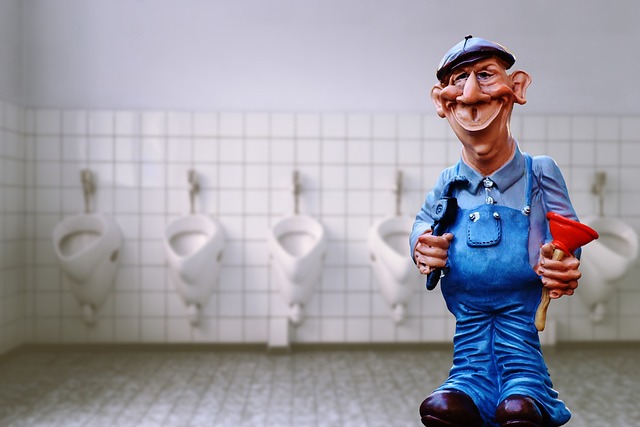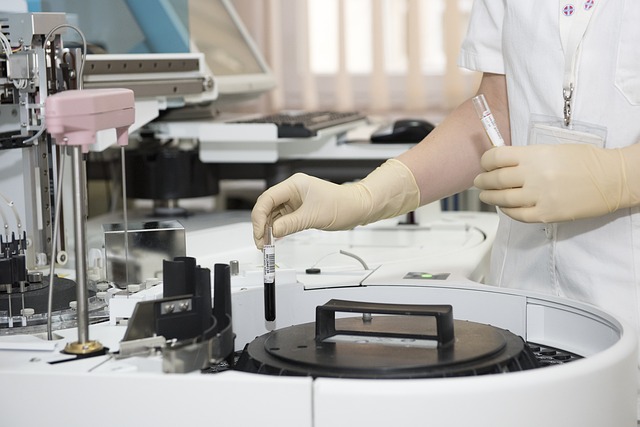DIY plumbing fixes save money but lack professional expertise, leading to potential damage and incomplete installations. Assess your comfort level and task complexity before attempting repairs; for intricate or emergency situations, a licensed plumber ensures safe, efficient work with minimal long-term problems, outweighing DIY's benefits in terms of DIY vs. Professional Plumbing.
“Uncovering the truth behind DIY plumbing fixes: what YouTube might leave unsaid. While do-it-yourself (DIY) methods promise cost savings and skill enhancement, they also come with potential risks. This article delves into the pros and cons of DIY plumbing, comparing it to professional services. From expertise and tools to time management, we explore why certain tasks, like complex repairs or gas main replacements, are best left to licensed professionals. Understanding DIY vs. professional plumbing is key to making informed decisions for your home.”
- The Pros and Cons of DIY Plumbing Fixes
- – Benefits of do-it-yourself plumbing: cost savings, control over the process, building skills, and convenience.
- – Challenges and risks: lack of professional expertise, potential for errors, damage to pipes or fixtures, and insurance coverage issues.
The Pros and Cons of DIY Plumbing Fixes

DIY plumbing fixes have become increasingly popular, with many people opting to take on these tasks themselves rather than calling a professional. While DIY can be cost-effective and empowering, it’s not always the best approach. One major advantage is the potential for significant savings; avoiding professional fees can add up over time. Moreover, fixing simple issues yourself gives you control over the process and allows you to learn valuable skills. However, there are also notable drawbacks. Improper plumbing repairs can lead to further damage or leaks, causing costly disasters. Complex problems often require specialized tools and knowledge that homeowners might not possess. Misdiagnosing an issue could result in unnecessary purchases of parts or even worse, prolonged discomfort or safety hazards for your family.
When considering DIY vs. professional plumbing, it’s crucial to assess your comfort level, the complexity of the fix, and potential long-term implications. For minor, straightforward tasks, DIY can be a game-changer. Yet, for intricate or emergency situations, enlisting a licensed plumber ensures the job is done right, safely, and efficiently.
– Benefits of do-it-yourself plumbing: cost savings, control over the process, building skills, and convenience.

Many homeowners opt for do-it-yourself (DIY) plumbing fixes due to several compelling advantages over hiring professional plumbers. One of the most significant benefits is cost savings. Plumbing issues can be expensive when addressed by professionals, but DIY methods allow folks to fix problems on a budget. By learning basic plumbing skills, you avoid hefty service fees and can handle minor repairs yourself.
Furthermore, choosing DIY plumbing gives you complete control over the process. You decide when and how to tackle each step, allowing for flexibility and customization based on your comfort level. This hands-on approach builds valuable skills that can be applied to other home maintenance tasks. Moreover, convenience is a significant factor—you don’t have to wait for an appointment or deal with unexpected scheduling conflicts.
– Challenges and risks: lack of professional expertise, potential for errors, damage to pipes or fixtures, and insurance coverage issues.

While DIY plumbing fixes can seem like an attractive, cost-saving option for homeowners, there are significant challenges and risks associated with attempting these tasks without professional expertise. Without proper knowledge and skills, individuals may make mistakes that could lead to serious pipe leaks, fixture damage, or even structural harm to a home.
Moreover, DIY approaches can result in incomplete or improperly installed systems, which may not meet safety standards and could compromise water quality. Additionally, insurance coverage for plumbing issues is often limited, and homeowners attempting DIY fixes might find themselves responsible for costly repairs or replacements if something goes wrong. Comparing DIY vs. professional plumbing, the latter offers greater reliability, ensures code compliance, and minimizes potential long-term problems.
While DIY plumbing fixes offer appealing benefits like cost savings and skill development, it’s crucial to acknowledge the potential risks associated with tackling these tasks without professional expertise. Comparing DIY approaches to hiring a licensed plumber highlights the importance of experience and specialized knowledge in ensuring safe, effective repairs. Before attempting any DIY plumbing, thoroughly weigh the pros and cons, especially considering the long-term consequences of errors or damage. Ultimately, recognizing when to leave complex repairs to professionals is key to maintaining a reliable plumbing system.
